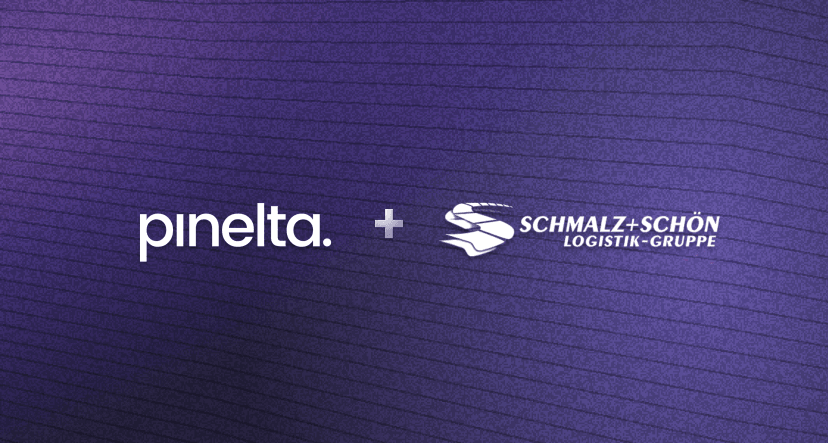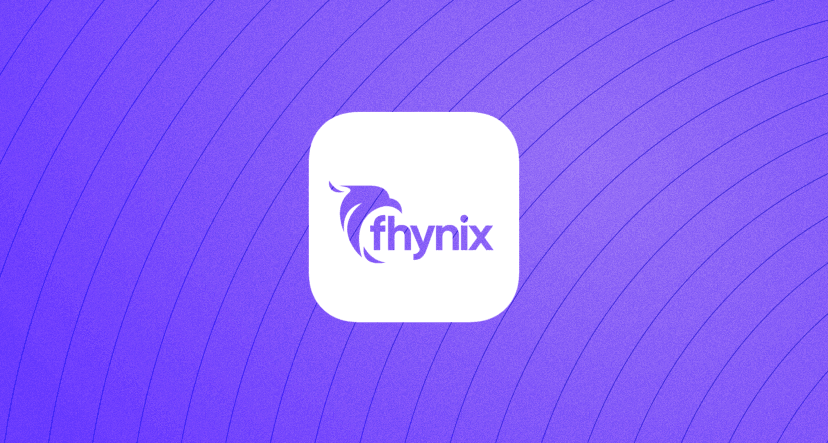HIFI (Block) Retrieves Customer Information 50% Faster Using Appsmith to Build Custom CRM and Onboarding Tools
Lack of simple, but powerful internal tools was holding software teams at HIFI back. Appsmith helped them to solve these problems permanently.
- 75%
less time debugging
- 50%
less time tracking down information
- 30 minutes
to build their first app

Spending multiple hours every Monday manually sifting through membership applications is not exactly a product manager’s dream. While software engineers can write scripts to automate away some of these annoying tasks, product managers without programming experience might be stuck… unless they take it upon themselves to change the status quo, by using the right tools.
At that point, they can not only automate tasks, but drive dramatic change for their organization. Sachi Williams, the technical product manager at HIFI, was able to do just this.
HIFI, recently acquired by Block, is a FinTech startup building technologies and a community to empower musicians around the globe. Over the last year, HIFI has used Appsmith to overhaul their internal tools and automate a bunch of the busy work in their day-to-day operations, so they could focus on better serving their community. We sat down with Sachi to hear her story of bringing Appsmith into the company and getting to her first (very) successful internal app. In this article, we look at how Sachi and her team at HIFI were able to drastically improve their business processes by building internal tools with Appsmith and how others might be able to learn from their experience.
About HIFI
HIFI specializes in services for musicians. Their flagship product is the HIFI Cash Flow mobile app, which reduces the wait time for musicians to get paid from song royalties by as much as 90 days through real-time monitoring and reporting. HIFI also offers an enterprise product for larger business managers to compile the royalty data of their artists from different sources.
HIFI’s mission is to provide music professionals with the financial solutions that have shown up across many other industries over the past two decades. They hope to promote financial transparency and independence so that artists are no longer at a continual disadvantage. They offer a free membership and accept new members on a rolling basis.
Business is booming, but internal business processes are slowing client onboarding (and everything else)
When Sachi joined the HIFI team in 2021, she noticed that performing basic tasks for the business was extremely painful. It was essentially impossible to do something as simple as searching through membership applications from the form on HIFI’s website. So every Monday she would spend hours going through the applications that came in over the weekend and manually digging through records to find the information that should have been available at the click of a button.
There was some basic tooling already in use to handle these problems, but it was nowhere near good enough. These were mainly scripts using cURL that interacted with all of these various spreadsheets used by HIFI and consolidated the data when needed. But the problem was that this set of scripts was thrown together and difficult to use, especially for less technical people.
Although Sachi did not study engineering in college, she had previous experience in quality assurance (QA) using tools like SQL and running tests written by other developers. Due to this experience, she saw the problems with the existing solution very clearly. In Sachi’s words, “There were two different spreadsheets in BigQuery and Airtable with data from different users that our business manager was tracking. And all of this data was being jumbled together into an individual query. It was the ugliest thing I’d ever seen.”

Information was so scattered across the company that it was extremely difficult to do basic things needed to keep the business running smoothly.
Using the existing tooling was an arduous process that everyone just accepted. But Sachi wasn’t willing to just accept a bad way of doing things. Instead, she looked for a solution.
Bespoke, streamlined workflows built on Appsmith
Sachi needed a more efficient solution for the business, but didn't know where to start. She consulted Taylor, the Director of Engineering at HIFI, who is well-connected in the tech world. Taylor recommended Appsmith as the best option and mentioned that there were no other similar tools he had found. Sachi decided to try Appsmith.
HIFI’s CTO signed off on this test because they all knew Appsmith is free to try, so there was no downside (and a lot of potential upside). Even if HIFI permanently adopted Appsmith’s Business edition, the usage-based pricing model meant that pricing would always be very fair and affordable.
So Sachi spun up an app that the team needed within 30 minutes, then scheduled a meeting with the business team to show them what she came up with. The business team is very detail-oriented and quickly suggested three or four seemingly small fixes that would make the tool much more valuable. And Sachi was able to quickly implement those suggested changes herself.
That’s when she realized Appsmith would be exactly what she needed. Instead of sending the app back to the Engineering department (which is always busy with HIFI’s client-facing apps), explaining all of the feature changes, and following up over the next few weeks to make sure the work was done, she could just make small tweaks to the app herself without fear of breaking anything.
Things snowballed from there. Using Appsmith allowed Sachi to make rapid iterations and improvements of internal processes. As a result, Sachi drastically improved HIFI’s business back end, even while HIFI was making a major switch from BigQuery and Airtable to ClickHouse DB for their internal data store.
As Sachi explained, “This was a huge migration project for us. But once we moved everything out of BigQuery and put it in ClickHouse, Appsmith simplified it even further for us.” Because ClickHouse uses PostgreSQL and Appsmith has a native integration for PostgreSQL, it was easy to hook up HIFI’s newly consolidated back-end data to their internal apps.
75% less time debugging and 50% less time tracking down information
The most critical thing that Appsmith allowed Sachi to do for HIFI’s business operations was simplify their CRM tools. This gave the membership team something that surfaces the user information they need from PostgreSQL seamlessly. This significantly cut down the amount of time that Sachi and others were spending manually trying to find information to onboard new members.
And because it was now so easy to create internal apps, the team started creating new ones that otherwise wouldn’t have been created. Overall, HIFI created four new internal apps: the CRM tool for website membership applications that we discussed above, one for Cash Flow app customer data, one that tracks connections to vendors for artists, and finally one that consolidates all of these tools into one convenient dashboard.
Thinking through the results, Sachi estimates that Appsmith cut down about 75% of HIFI’s QA/debugging time for internal tools and cut down at least 50% of the time spent digging through information for the business. Since Appsmith has such flexible and robust integrations and an easy drag-and-drop UI-building experience, it’s much harder to make mistakes when building apps, which saves a lot of time that used to go to debugging.
Appsmith provides the tools to easily build fast and powerful workflows
No matter what you’re building, Appsmith provides a robust platform for you. HIFI was able to cut down a lot of time and effort on the engineering and business components of their organization to focus on better serving their community of musicians.
Want to improve your own business operations, like Sachi did? Check out how Appsmith works and sign up for our free cloud-hosted version if you think Appsmith might work for you.
Take Appsmith out for a spin
Talk to our team about your custom requirements or request a demo.


